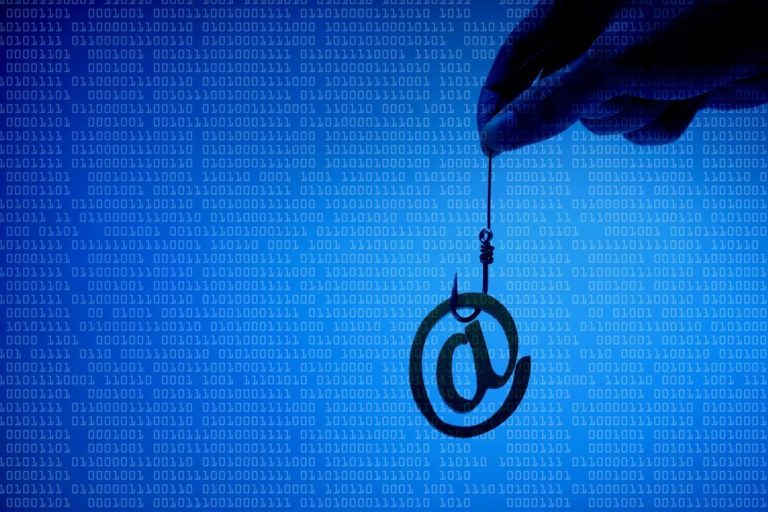A significant increase in phishing campaigns has been observed by Mimecast Threat Intelligence, as more people worldwide are working from home. The campaigns would try to take advantage of the situation in order to capture login data by imitating services that are currently used a lot from home.
According to Minecast, more than three hundred examples of the campaigns have already been identified, which try to get users to fill in their login details of OneDrive on a malicious page by means of an email. According to the researchers, connecting to the spread of the corona virus is a logical consequence and more similar phishing campaigns are expected in the coming days and weeks.
The British government earlier this week publicised a warning for citizens about the increase in phishing campaigns aimed at homeworkers. Not only are users advised to be wary, the national cybercrime unit has made the nuetralisation of websites used to send captured data a focal point.
Not only do hackers hope to steal data through phishing emails, Kaspersky recently found a new Android trojan that steals cookies from websites and apps. Now that a lot of employees work from home, it is difficult to quickly take action in the event of a successful data capture attempt.
